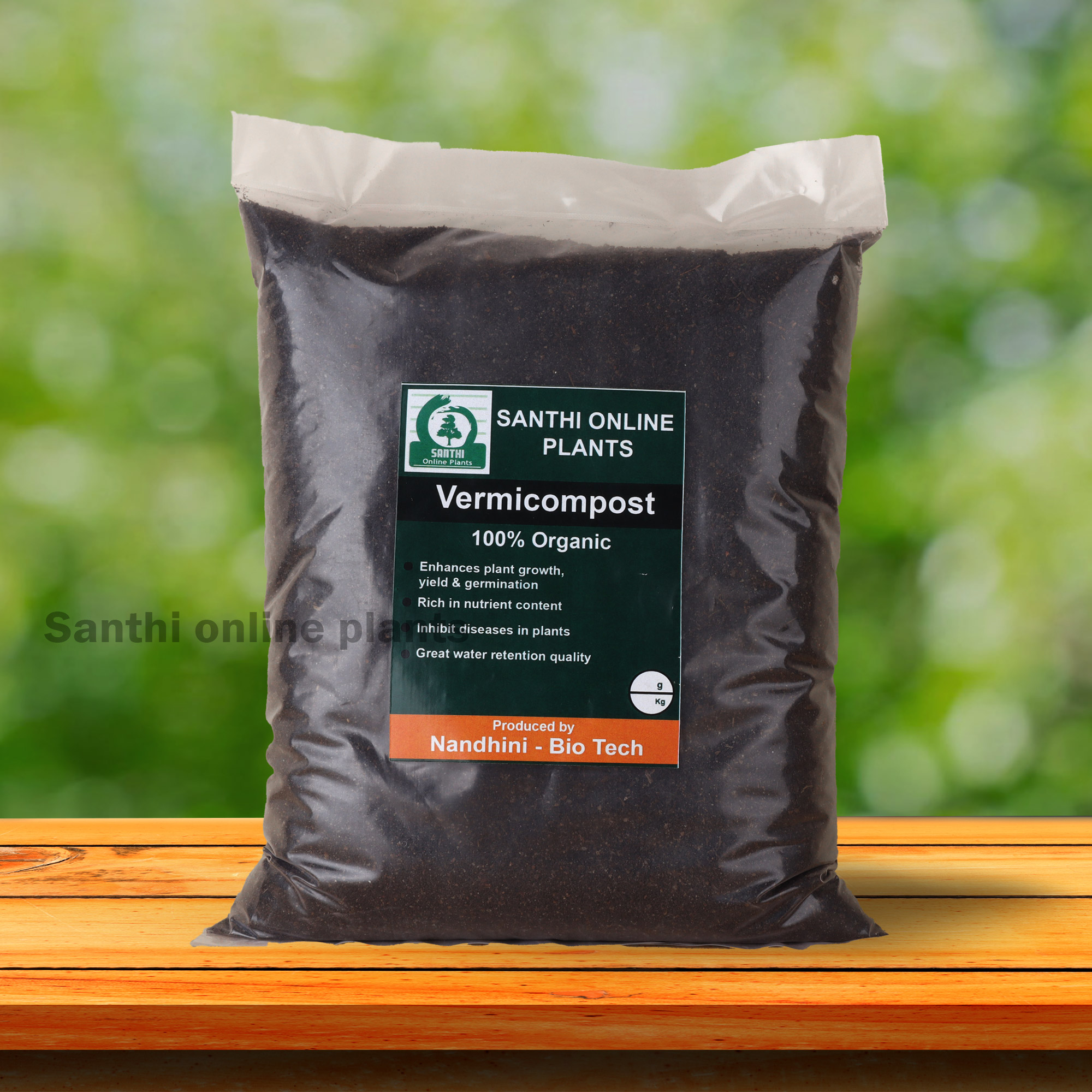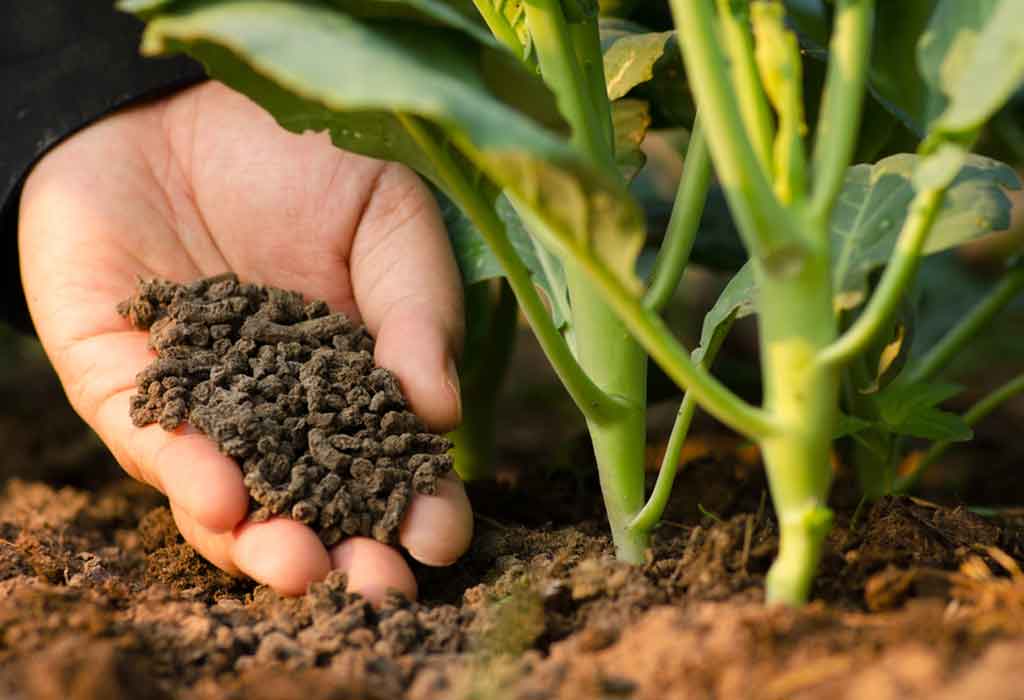How to Use Worm Composting for a Healthy Garden

Imagine transforming your kitchen scraps into a nutrient-rich, organic fertilizer that can supercharge your garden's growth. Welcome to the world of worm composting, also known as vermicomposting. This eco-friendly process harnesses the power of red wigglers to turn waste into black gold, enhancing soil health and boosting plant productivity. Let's dive into the fascinating journey of how to use worm composting for a healthy garden.
Understanding Vermicomposting
Vermicomposting is a natural process where worms and microorganisms break down organic waste into a nutrient-dense material called vermicompost. This organic fertilizer is rich in essential nutrients like nitrogen, phosphorus, and potassium, making it a gardener's dream.
The Magic of Red Wigglers
Red wigglers, or Eisenia fetida, are the superheroes of the composting world. These small, reddish-brown worms are voracious eaters, capable of consuming up to half their body weight in organic matter each day. Their digestive process enriches the soil with beneficial microbes and nutrients, creating a fertile environment for plants.
Setting Up Your Compost Bin
Creating a successful worm composting system starts with the right compost bin. Whether you opt for a DIY setup or a commercial bin, the key is to provide a comfortable environment for your red wigglers.
Choosing the Right Bin
Commercial worm bins are designed to be user-friendly and efficient. Options like the Worm Factory 360 offer multi-tray systems that make harvesting vermicompost a breeze. Alternatively, you can create a DIY bin using a plastic storage container with air holes.
Preparing the Bedding
The bedding is the foundation of your worm composting system. Shredded newspaper, coconut coir, or peat moss are excellent choices. Moisten the bedding until it feels like a wrung-out sponge, ensuring a comfortable habitat for your worms.
Feeding Your Worms
Red wigglers thrive on a diet of organic kitchen scraps. Fruits, vegetables, coffee grounds, and eggshells are all excellent food sources. Avoid meat, dairy, and citrus, as these can harm your worms or attract pests.
Maintaining the Right Balance
A balanced diet is crucial for the health of your worms. Aim for a mix of greens (nitrogen-rich materials like vegetable scraps) and browns (carbon-rich materials like shredded paper). This balance helps maintain the right pH and prevents odors.
Harvesting Vermicompost
After a few months, your worms will have transformed your kitchen scraps into rich, dark vermicompost. Harvesting this organic fertilizer is straightforward and rewarding.
Separating Worms from Compost
To harvest, simply remove the top layers of the compost bin, where the worms tend to congregate. The bottom layers will be rich in vermicompost. You can also use a screen to separate the worms from the compost, ensuring a clean and worm-free fertilizer.
Using Vermicompost in Your Garden
Vermicompost is a versatile organic fertilizer that can be used in various ways to enhance soil health and plant growth.
Top Dressing
Sprinkle a layer of vermicompost around the base of your plants. This top dressing provides a slow release of nutrients and improves soil structure.
Compost Tea
Create a nutrient-rich compost tea by steeping vermicompost in water. This liquid fertilizer can be applied directly to plants or used as a foliar spray.
Seed Starting
Mix vermicompost with potting soil to create a nutrient-rich medium for starting seeds. This blend promotes strong root development and healthy seedlings.
The Benefits of Vermicomposting
Vermicomposting offers a multitude of benefits for both your garden and the environment.
Improved Soil Health
Vermicompost enhances soil structure, aeration, and water retention. It also introduces beneficial microbes that promote plant health and disease resistance.
Reduced Waste
By composting kitchen scraps, you reduce the amount of waste sent to landfills. This eco-friendly practice helps minimize greenhouse gas emissions and supports sustainable living.
Cost-Effective Fertilizer
Vermicompost is a cost-effective alternative to commercial fertilizers. It provides a natural source of nutrients that plants can easily absorb, promoting robust growth and higher yields.
Conclusion
Worm composting is a transformative practice that turns waste into a valuable resource. By harnessing the power of red wigglers, you can create a nutrient-rich organic fertilizer that boosts soil health and plant productivity. Whether you're a seasoned gardener or a beginner, vermicomposting offers a sustainable and rewarding way to enhance your garden's vitality.
So, are you ready to embark on this eco-friendly journey? Your garden will thank you, and the planet will too. Happy composting!
FAQs
How long does it take to produce vermicompost?
- The time it takes to produce vermicompost can vary, but typically, you can expect to harvest your first batch of vermicompost within 3-6 months, depending on the size of your bin and the number of worms.
Can I use vermicompost for indoor plants?
- Absolutely! Vermicompost is an excellent fertilizer for indoor plants. Mix it with potting soil or use it as a top dressing to provide a steady supply of nutrients.
What should I do if my compost bin smells bad?
- A well-maintained worm composting system should not have a strong odor. If your bin smells bad, it may be too wet or have an imbalance of greens and browns. Add more browns and ensure proper aeration to resolve the issue.
How many worms do I need to start a compost bin?
- A good rule of thumb is to start with about 1,000 red wigglers per square foot of bin surface area. This ensures a healthy population that can efficiently process organic waste.
Can I compost meat and dairy in a worm bin?
- No, meat and dairy products should not be added to a worm composting system. These materials can attract pests and create odors, potentially harming your worms and the composting process.


0 Response to "How to Use Worm Composting for a Healthy Garden"
Post a Comment